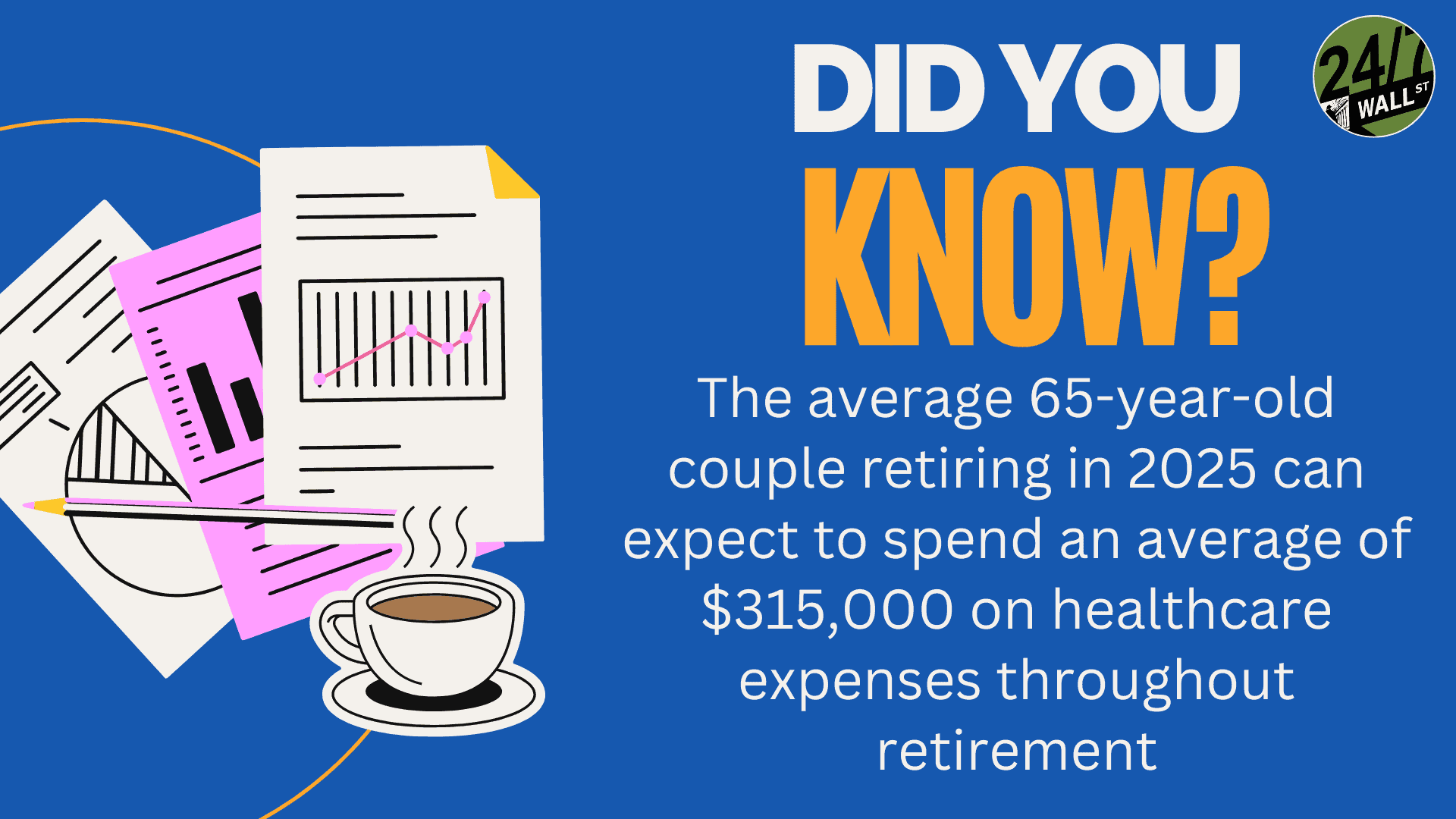Personal Finance
Baby Boomers: Don't fall for these all-too-common retirement myths

Published:
Last Updated:

As remaining Baby Boomers wind down for retirement while the already-retired move forward with their retirement plans amid their golden years, it’s about time we discussed some of the more common retirement myths, why people believe in them, and how they could set one back.
Undoubtedly, retirees and those soon to join the club have worked incredibly hard to accumulate a nest egg to sustainability support them anywhere from a decade and a half to four decades. With that, one shouldn’t put their nest eggs at risk because nobody knows when or if they’ll be able to return to the workforce at a later date.
In any case, let’s look at three common retirement myths, which, I believe, are a benign inconvenience at best and a nest egg eroder at worst. Additionally, we’ll go over potential ways for retirees to sidestep the pitfalls of such retirement myths.
As always, don’t take my word for it. Hire a financial adviser and wealth planner to go over your plan so you can gain a magnitude of assurance that money can buy!

First up, we have the retirement myth that one’s cost of living will be lower through their retirement years. As always, nobody can tell the future. Also, everybody’s retirement lifestyle is going to be different. As I noted in a prior piece, some retirees are shooting to spend as much as they can to maximize their enjoyment in retirement, whereas others aim to leave something over to loved ones or charitable organizations they believe in.
In any case, I can see why this retirement myth is so easy to buy into. Once one enters the middle of their golden years, there may be less desire to spend lavishly — the so-called no-go years whereby one’s less able to spend on travel and adventures. Indeed, this makes sense on the surface. However, it neglects to account for the so-called go-go (earlier retirement years) years that could see retirees splurge on cruises, gifts, and all the sort.
Given some prioritize a fat or chubbier retirement lifestyle than others, I’d say this myth can be somewhat harmful for some to follow. Perhaps those who aim to maximize their “fun” in retirement with less consideration for cash flows could be at risk of eroding their nest egg if they blindly subscribe to this myth. What’s the solution? Just talk to an adviser!
Another potentially harmful risk is assuming that Social Security will support you once you’re ready to retire. For Millennials, we have no idea what the state of Social Security will be like. As such, one shouldn’t lean too heavily on the promise of Social Security.
Of course, some folks may be able to depend in great part on Social Security benefits. However, I’d argue that without crunching the numbers, it’s too risky to rely on Social Security. At the end of the day, Americans should invest wisely in their 401(k) accounts or otherwise so that they’re positioned for success in the future.
Check in with an adviser if you believe you’re relying a great deal on future Social Security benefits.
Perhaps this is the retirement myth that’s the nastiest of the three outlined in this piece. Playing it conservatively is just shrewd when it comes to your retirement portfolio. However, does that mean going 50% on cash, 50% on bonds, and 0% on equities be a good idea?
While you’d be taking stock market risk off the table, you’re leaving so much growth on the table. And if you’re not keeping up with inflation (it may not be at 2% through your golden years), perhaps playing it super safely with your retirement fund can backfire in a big way.
Finally, if you’re one of the folks out there who wish to leave a part of their retirement for others upon passing, you may not have nearly as much as you would if you’d invested in stocks earlier on in your retirement days.
What’s the right asset allocation for retirees? That will differ for everyone. An adviser can give you an idea of your optimal allocation, whether that entails more stocks or a blend of fixed-income securities and dividend stocks.
Are you ahead, or behind on retirement? For families with more than $500,000 saved for retirement, finding a financial advisor who puts your interest first can be the difference, and today it’s easier than ever. SmartAsset’s free tool matches you with up to three fiduciary financial advisors who serve your area in minutes. Each advisor has been carefully vetted and must act in your best interests. Start your search now.
If you’ve saved and built a substantial nest egg for you and your family, don’t delay; get started right here and help your retirement dreams become a retirement reality.
Thank you for reading! Have some feedback for us?
Contact the 24/7 Wall St. editorial team.